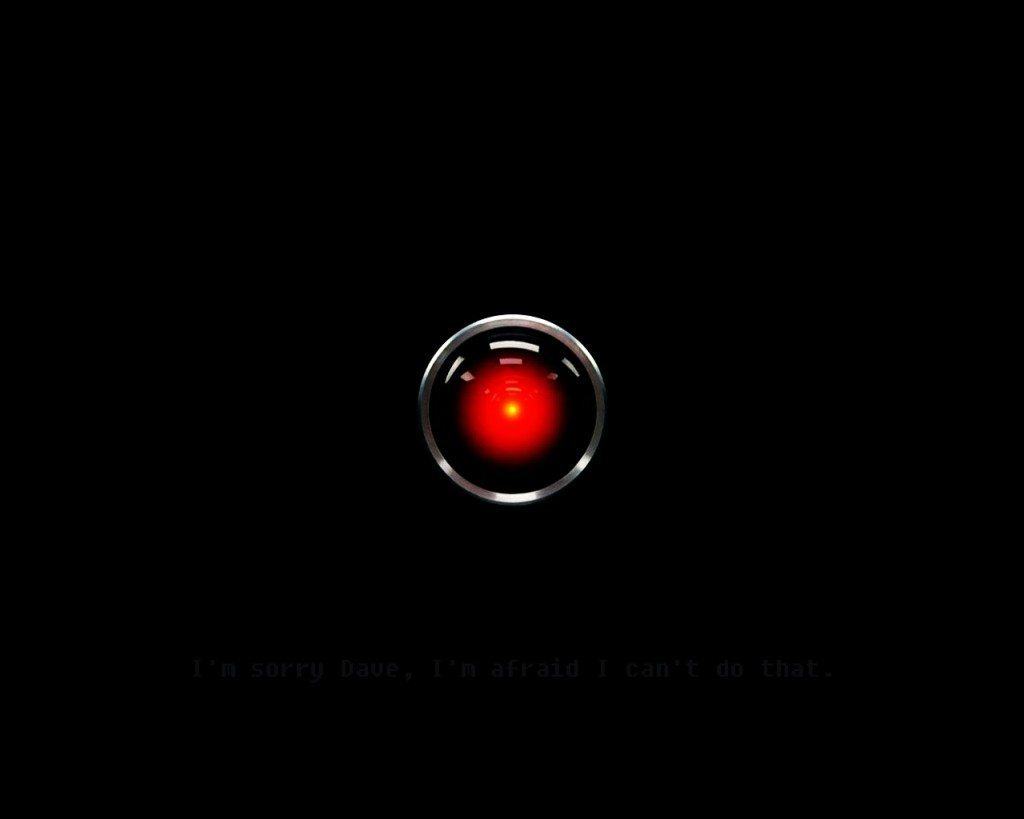It’s still winter, and March, as the saying goes, is coming in like a lion—or a juvenile bald eagle—with snow in the forecast for the weekend. Again. We’re wrapping the week with a look at funding for 2nd Watch, Amazon Web Services’ outage, a spate of Alexa news, a look at ways game controllers are finding new applications in sophisticated sub-sea equipment, and results of the University of Washington’s Hollomon Health Innovation Challenge.
—Cancer was top of mind in Seattle this week, and not only because of Juno Therapeutics earnings report and decision to abandon one of its lead cancer immunotherapy treatment candidates (as had been expected). Seattle-based radio station KEXP devoted an entire day of programming Thursday to music that helped people mourn and heal from cancer and its devastating impacts. During the Music Heals programming, the station’s deejays read letters telling heartrending stories of struggle, survival, and loss from listeners. It was a raw, tear-filled day. I pictured the stories and music echoing out across Lake Union, underscoring the urgency with which doctors, researchers, and scientists around the city are engaged in leading edge work on a cure.
—2nd Watch, which helps companies shift their IT work to cloud computing platforms from providers such as Amazon Web Services, has raised $19 million in a new funding round.
Delta-v Capital led the Series D round which brought total funding for the seven-year-old company to $56 million. Earlier investors Madrona Venture Groups, Columbia Capital, and Top Tier Capital Partners also participated. We took a closer look at 2nd Watch in this story from 2014.
—Amazon Web Services’ outage this week underscored just how much of the digital world rests on pillars in the cloud. The Amazon S3 (Simple Storage Service) in the company’s large Northern Virginia Region went down for about four hours on Tuesday due to human error—sure, blame the humans—during a debugging operation meant to improve the company’s billing process, according to an AWS blog post. S3 is a fundamental building block of many other Amazon cloud computing services, and, in turn, Web applications and business processes for Amazon and its customers. (Even the dashboard that provides notifications about the status of AWS services was down due to its dependency on S3.)
—In other Amazon news, Recode reports Friday that the company is taking another stab at phones—or phone calls and other voice communication, anyway—via Alexa-powered devices. Citing multiple unnamed sources, the tech news site suggests new hardware is in beta testing. It could allow people to make calls using Alexa voice-controlled devices, or use the devices as intercoms.
—More Alexa: Aviel Ginzburg, co-founder president of Seattle-based social media analytics company Simply Measured, will lead Techstars’ Alexa Accelerator, set to begin in Seattle later this year. “The era of voice is just beginning, and my goal is to create, support, and cultivate a vibrant community of startups shaping the future of how humans interact with machines through voice,” Ginzburg wrote in a blog post announcing his selection as managing director. He added, “Today, Seattle is known by many in the tech world as Cloud City, but it’s my mission to turn Seattle into Voice City.”
—And even more Alexa: The Amazon Alexa Fund announced a new fellowship program to support academic researchers working on “transformative voice technologies such as text-to-speech (TTS), natural language understanding (NLU), automatic speech recognition (ASR) and conversational artificial intelligence (AI),” according to a blog post from Douglas Booms, Amazon’s vice president of worldwide corporate development. “Alexa Fund Fellows will receive funding, access to Alexa devices, and mentoring from an Alexa Science team member to develop an undergraduate or graduate curriculum around one or more of these disciplines.”
The first group of universities to win awards under the program are Carnegie Mellon University, Johns Hopkins University, University of Southern California, and University of Waterloo.
—BluHaptics raised $1.36 million from area angel investors to bring its software system for controlling underwater robots to market. One of the company’s innovations is using game controllers in place of the costly, hard-to-use control units that are the industry standard. Reporting on BluHaptics reminded me of another novel use of game controllers in an undersea application: OceanGate, which is making small, crewed submersibles, is outfitting its vessels with game controllers making them so easy to pilot, even a journalist can do it.
—A team of University of Washington students building a lower-cost epinephrine auto injector took the top prize in the Hollomon Health Innovation Challenge, a business plan competition hosted by the Buerk Center for Entrepreneurship at the UW Foster School of Business. The team, EpiForAll, received a $15,000 grand prize. The $10,000 Herbert B. Jones Foundation second prize from the was awarded to BWB Anesthesia, a team making portable, inhaled anesthesia device that requires no electricity. The $5,000 Fenwick & West third place prize and went to PlayGait, a team working on an exoskeleton that helps kids with neuromuscular disorders practice walking at home. More on the competition, which drew 20 teams, here.
The spring brings two more business plan competitions at UW: On March 30, teams will compete in the Alaska Airlines Environmental Innovation Challenge and the UW Business Plan Competition, in its 20th year, happens in late April and May.







